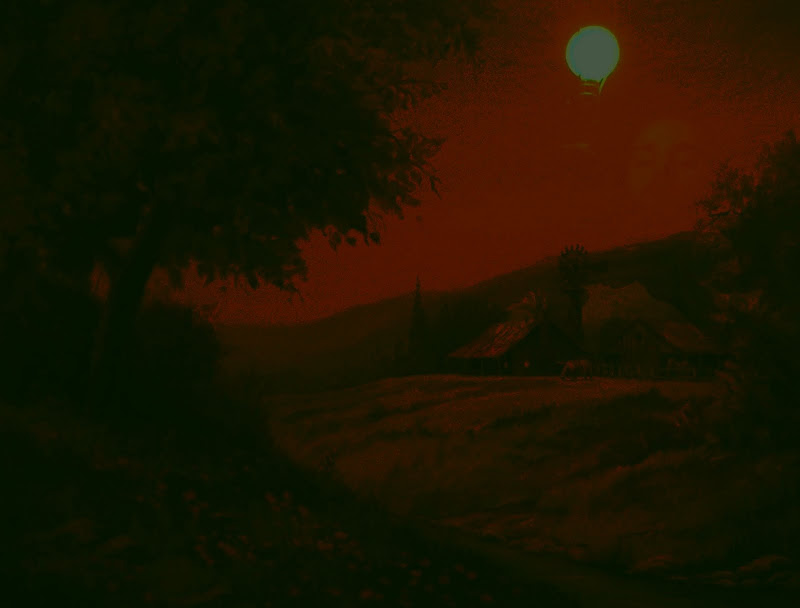
there are apartment complexes (eg Columbus, OH) that have no recycling options, and people do not care. recycling programs have more potential for growth (people throw out enormous amounts of usuable goods and material), but will only increase if there is more incentive to do so.
Currently, it is cheaper to battle environmentalists, dig giant mines in the ground, mash up the rock, and smelt it than it is to pay people for used cans.
people value material goods and conveniences. Any meaningful climate change bill would have to increase the cost of energy and curtail some conveniences, hence it will not be pleasant.
our government will continue to walk the line between coercion and co-option. the tools at the disposal of institutions will continue to outstrip those of the individual. Our society will become more hegemonic, while at the same time providing just enough benefits to convince a plurality of people to cooperate. "just barely good enough, but also the best of many bad choices". meaningful constitutional reform is unlikely: we're stuck with the system and the contingent choices that built it.
some drugs will be legalized, challenges like restoring watersheds may be realized through hard work, schools will be reformed and optimized, health care will have to become more efficient (and cooptive), climate change will continue, aquafers will dry up, forests will burn, new dustbowls will form, money will not always be available to fix the mounting landscape and society-wide environmental woes. toxic pollutants will still be regulated. Species will go extinct, ecosystems will be transformed and homogenized to early-successional, weed-dominated. Opportunities to nip these problems in the bud will be ignored in favor of after-the-fact amelioration. Instead of cutting emisions, we will build levies and canals.
Ecosystem carbon calculus will be used, and ignored. [move beyond shock despair mourning] People will react to the destruction of the saguaro forest with emotion and quick fixes or lines in the sand will be attempted, but what I want to know is what these changes really mean for ecosystems. Will we have to introduce cows to lower the risk of catastrophic fire?
rivers in the southwest will dry up. The Rio Grande's cottonwood Bosque will burn, and the hillsides will be converted to creosote. More people will utilize rain catchment and solar panels. Water may be privatized. (??whatever that means. everyone will buy it at the store)
What are the important issues in restoring watersheds? The science is already known. The difficulties involve marshaling multiple stakeholders (herding cats) to make individually-small, collectively-large actions. Groups like quivira will be important in articulating a positive vision, as will reactive groups like EarthJustice in protecting basic decency. Groups like the Wildlands network also articulate a positive vision, but it is harder to see how humans fit into their landscape.
the future world will be messier, with more going on in a complex matrix. Reality and Virtual will become harder to tell apart, even as more and more make the switch from the former to the latter. How could it get more virtual? when people don't know where paper comes from, or the water from their tap?? Cell phones were a big step, the ability to not see "the clown in the plaza" or the gorilla on the steps. We are already trained by civilization to read signs (signals) rather than observe the world directly. This continuous "reading" will undermine our ability to appreciate the given world and confine us to a new screen-lit virtual, which will rapidly expand in complexity and intrigue to accomodate us.
Genetic engineering will not be contained in time, and weird mutant Sphynx will wander a quasi-post-apocalyptic world.
No comments:
Post a Comment